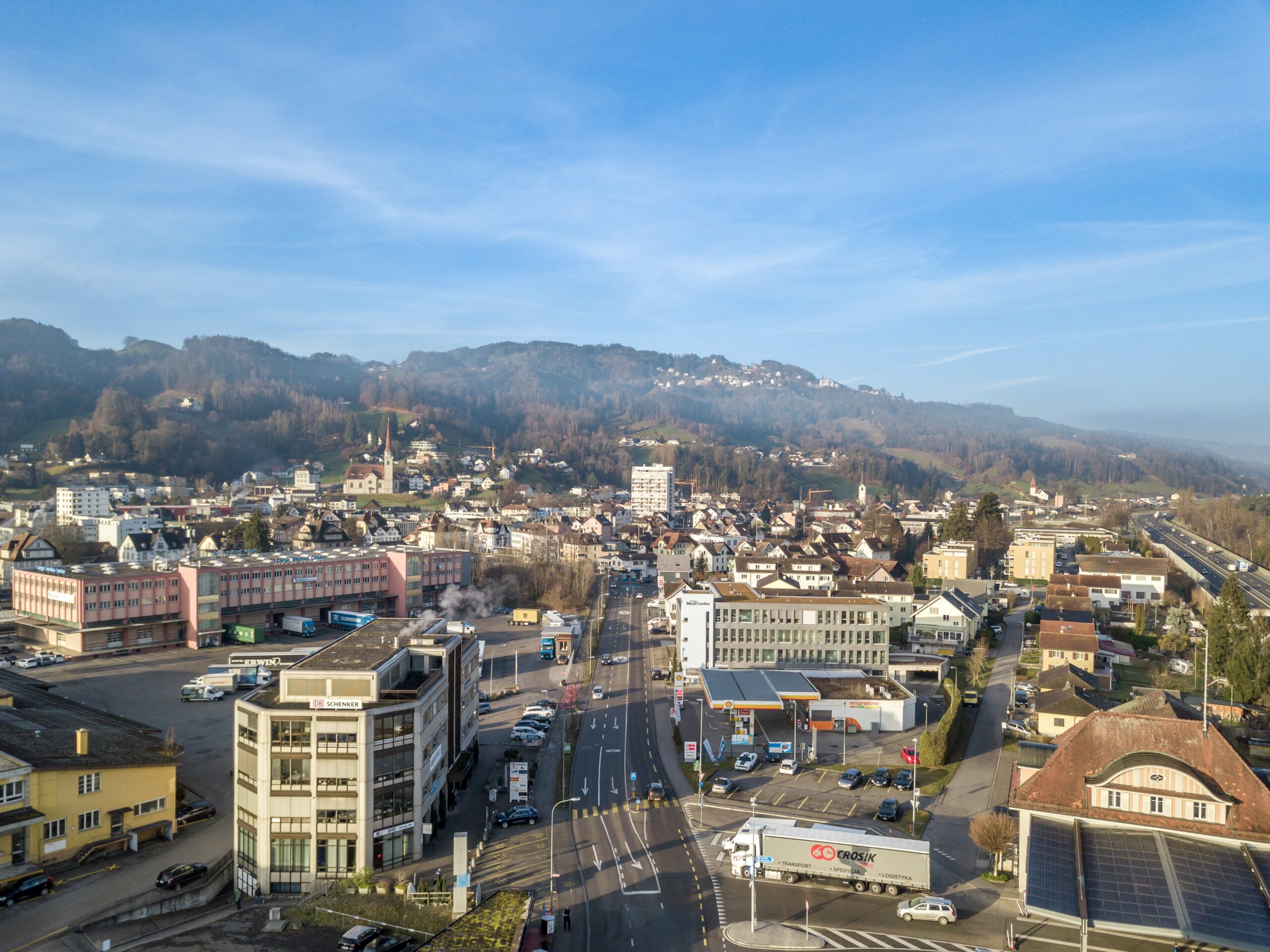Our news
Our latest news

Enhancing and revitalizing commercial areas at the entrance to cities: that is the government’s ambition. The idea is to enable the development of housing, offices, public facilities, but also to give nature its place in these urban spaces often referred to as “ugly France.” This program falls within the framework of the Climate and Resilience Law, which decrees net zero artificialization of land (ZAN) by 2050.
45 medium-sized cities have already applied to benefit from support under the second phase of the “Action cœur de ville” program launched in February. Olivia Grégoire, Minister of Commerce, and Christophe Béchu, Minister of Ecological Transition and Territorial Cohesion, are set to announce a call for projects to encourage about twenty demonstrators among local authorities!

EXTENDAM continues its investments in the Iberian Peninsula, where it recently acquired the Blue Sea Calas Marina in Benidorm. The company has now purchased the property and business of the M.Ou.Co. in Porto, a 4-star establishment that opened last year and has 62 rooms. For this new asset, the hotel private equity investor is initiating a partnership with the coliving specialist Outsite. With nearly 5,000 square meters of space, the asset will undergo significant repositioning, including the provision of coworking spaces and services, as well as a revamped food & beverage offering.

While women make up for half of the workforce in France, they represent only 10% of entrepreneurs in innovation. This gap cannot be explained by any logical economic reason.
Women have the ability to build, lead, innovate, initiate, unite and transform. The WILLA incubator aims to reveal their still underestimated potential, overshadowed by an outdated economic and societal model. To achieve this, WILLA supports women in their entrepreneurial and innovative endeavors with the aim to inspire, encourage and educate them!
Graduated with a specialized master’s degree in entrepreneurship from HEC Paris, Flore Egnell decided to commit 100% to entrepreneurial parity and joined WILLA as a program manager before becoming its CEO in 2020.
Explore her belief and path in her interview with Changemakers Times!
